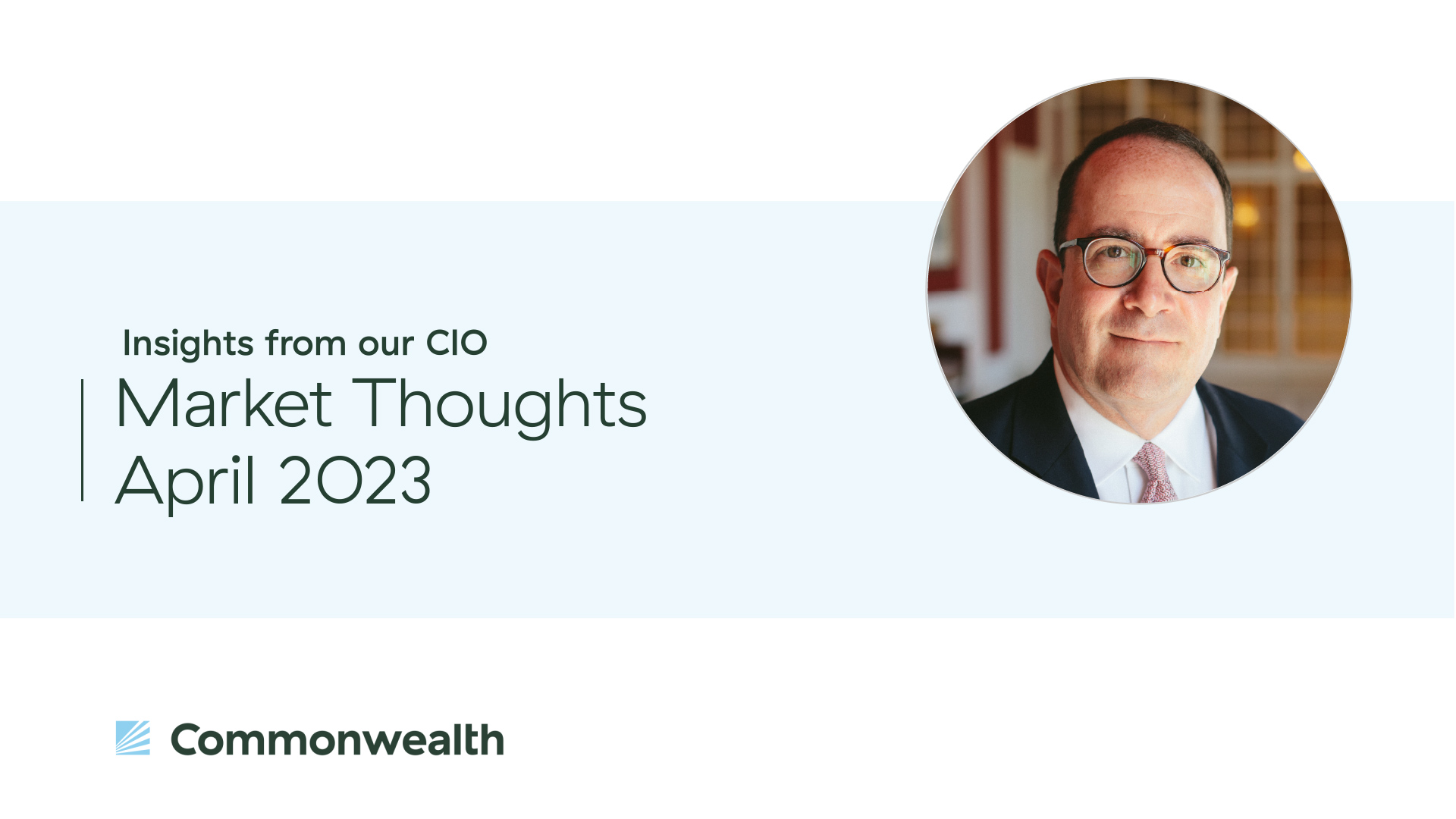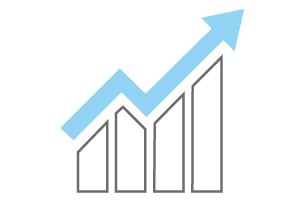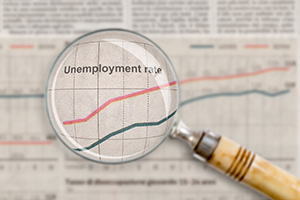U.S. markets were up by low single digits in March. For the quarter, the Nasdaq performed best, followed by international developed markets and the S&P 500. The primary driver was the progress on inflation, which is well below where it started the year. Still, fears of a broader banking crisis rattled markets after the Silicon Valley Bank collapse. Federal action resolved the immediate concern, but weak balance sheets could signal tighter financial conditions ahead.














